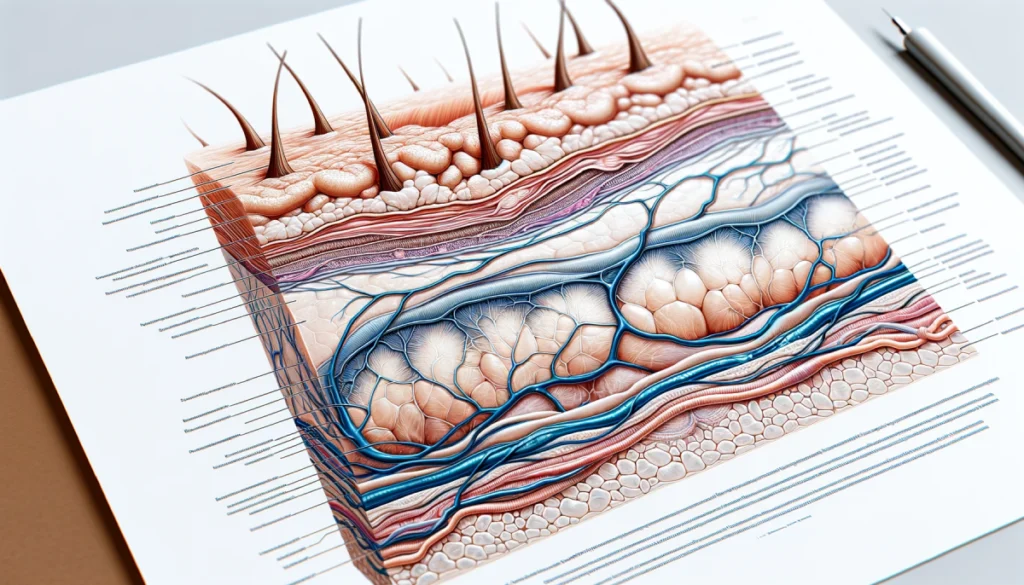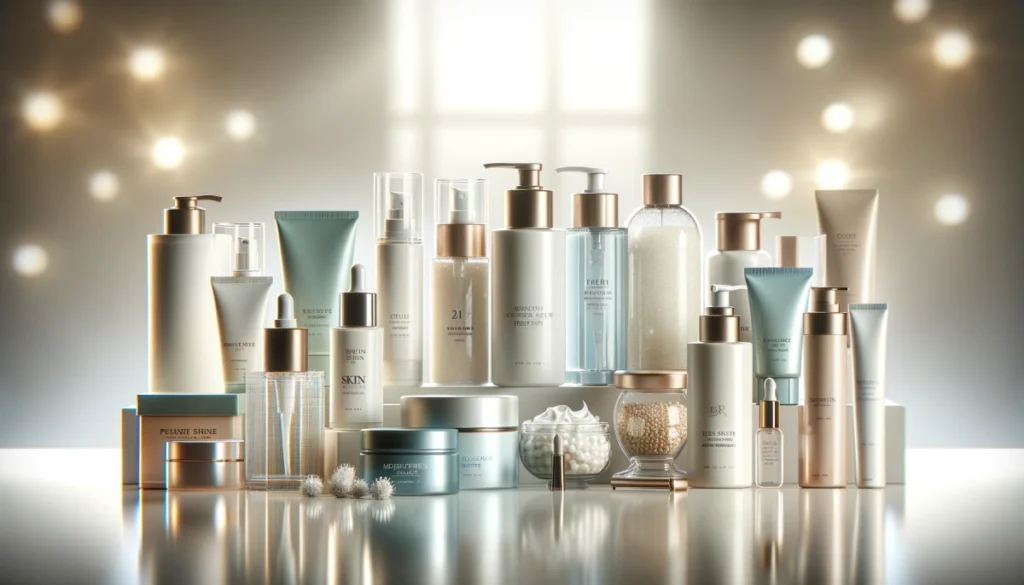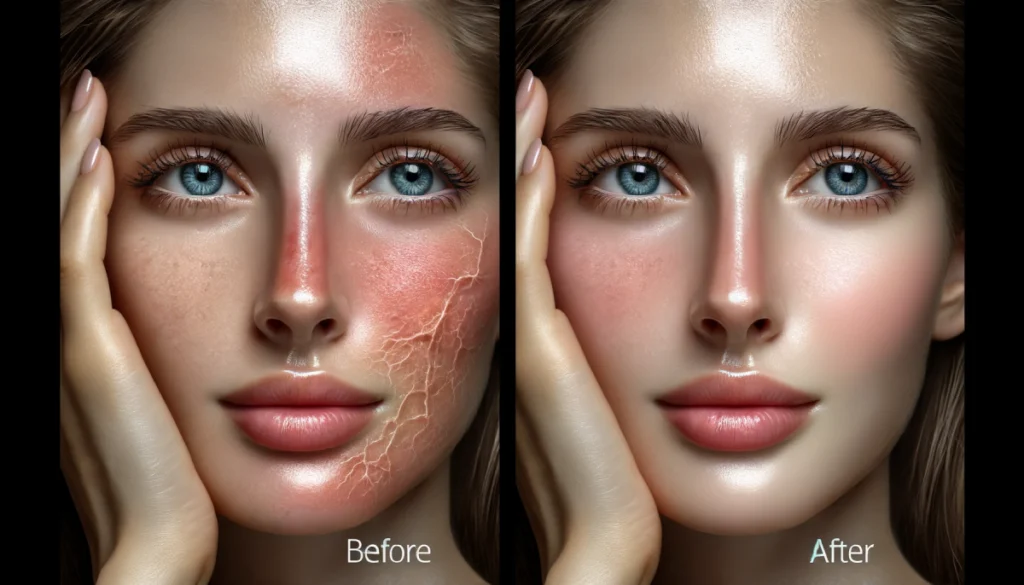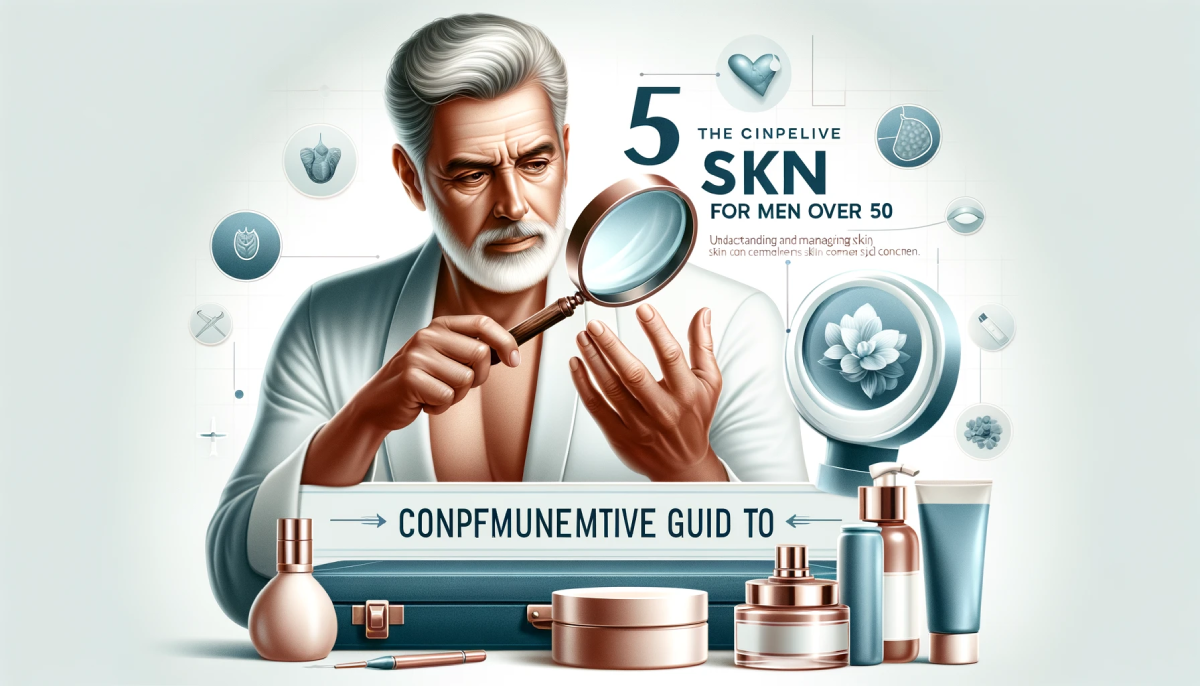Introduction
If you’re into skincare, you might have heard of the term “TR skin.” But what exactly is TR skin, and why is it essential to learn about the intricacies associated with this condition? In this all-inclusive guide, we will take an in-depth look into what TR skin is, examine its causes and symptoms, provide expert recommendations for care, assess the top products available, and share real-life user experiences to help you effectively manage or enhance the health of your skin.

Understanding translucent skin
Translucent skin, commonly known as TR skin, is characterized by thin, semi-transparent skin that reveals the veins underneath. This condition can occur naturally as a part of aging or can be associated with specific health conditions like anemia or genetic disorders such as Ehlers-Danlos syndrome. It is essential to understand TR skin to identify the appropriate skincare approaches that can enhance the skin’s health and appearance. Proper knowledge and care can help individuals with TR skin maintain healthy, beautiful skin.

Causes and Symptoms of translucent skin
Translucent skin is a condition that various factors can cause. Genetics, aging, and environmental impacts are some of the primary causes of this condition. Oftentimes, prolonged exposure to sunlight, harsh weather conditions, and unhealthy lifestyle choices such as smoking or poor diet can worsen the condition. Some of the common symptoms of translucent skin include:
- Visible veins
- Delicate skin texture prone to bruising
- Dryness or dehydration
Recognizing these symptoms early can lead to more effective management strategies.
Best Practices for translucent skin Care
To maintain healthy, hydrated skin, it’s essential to choose the right products and practices:
- Use Gentle, Hydrating Cleansers: When it comes to skincare, choosing the right cleanser is crucial. While soaps can effectively cleanse your skin, they can also be harsh and strip away essential natural oils from your skin. This can cause dryness and irritation and even lead to the overproduction of sebum, making your skin oily. On the other hand, mild, hydrating cleansers are a better option as they effectively clean your skin without causing any harm. Gentle cleansers help preserve the natural oils on your skin, which is essential for maintaining the skin’s natural protective barrier. Using mild cleansers, you can keep your skin clean, hydrated, and healthy without worrying about side effects.
- Moisturize Regularly: Proper skin hydration is essential to keep it healthy and glowing. To achieve this, it’s important to use moisturizers that contain hyaluronic acid and ceramides. Hyaluronic acid is a potent humectant that attracts moisture to the skin, keeping it hydrated for extended periods. On the other hand, ceramides are lipids that support the skin’s moisture barrier, preventing moisture loss and protecting the skin from environmental stressors. By incorporating moisturizers with hyaluronic acid and ceramides into your skincare routine, you can effectively nourish and protect your skin, keeping it healthy and radiant.
- Protect Against the Sun: It’s crucial to protect your skin from the sun’s harmful UV rays to avoid skin damage. To do this, it’s recommended that you apply a broad-spectrum sunscreen with an appropriate SPF whenever you plan to go outdoors, even on cloudy days. This is because UVA and UVB rays can cause skin damage, leading to premature aging, sunburns, and other skin issues. Additionally, it’s important to reapply sunscreen every two hours, or more frequently if you’re swimming or sweating, to ensure adequate protection.
Top Products for translucent skin

To help you start on the right foot, here are some of the best products tailored for translucent skin:
1. Cetaphil Gentle Skin Cleanser
This cleanser is perfect for all skin types, especially those with TR skin, as it cleans without irritation. [Buy here – Amazon link]
2. Neutrogena Hydro Boost Gel-Cream
This gel-cream moisturizer is excellent for keeping TR skin hydrated throughout the day. [Buy here – Amazon link]
3. La Roche-Posay Anthelios Sunscreen
This sunscreen offers broad-spectrum protection that is lightweight and suitable for sensitive skin. [Buy here – Amazon Link]
User Stories and Reviews
Many users with translucent skin have found success using these products. For instance, Sarah from Texas mentions, “The Neutrogena Hydro Boost was a game-changer for my translucent skin. It keeps my skin hydrated without feeling heavy.”

FAQs
What is TR skin?
TR skin refers to thin or semi-transparent skin, often revealing the veins and underlying structures. It is commonly associated with aging, genetic conditions, or environmental damage.
What causes TR skin to appear more prominent?
The visibility of translucent skin can increase due to several factors, including genetic predisposition, aging, excessive sun exposure, and certain lifestyle choices such as smoking and poor diet. Medical conditions like anemia and connective tissue disorders can also contribute.
How can I protect my TR skin from further damage?
If you have skin that’s already experiencing damage or sensitivity, it’s essential to take a proactive approach to skincare by adopting a comprehensive routine that focuses on promoting healing and providing protection. Some key strategies you can incorporate into your routine include using gentle, non-irritating products, avoiding harsh ingredients and environmental stressors, and consistently moisturizing your skin to maintain its natural barrier function. Additionally, incorporating antioxidants and other nourishing ingredients can help to reduce inflammation and support healthy skin function. By prioritizing these strategies, you can help to soothe and protect your skin, promoting a healthier, more vibrant complexion.
- Choose the Right Cleansers: To keep your skin healthy and free from issues, using the right type of cleanser is essential. Always opt for gentle, non-irritating cleansers free from harsh chemicals, fragrances, and alcohol. These ingredients can cause skin irritation and strip away natural oils, leading to dryness and other skin problems. Instead, choose hydrating formulas that support the skin’s natural barrier function, keeping it moisturized and healthy. Doing so can help your skin stay smooth, supple, and radiant.
- Intensive Moisturizing: To keep your skin healthy, it is important to use a moisturizer suitable for your skin type and contains essential ingredients such as hyaluronic acid, ceramides, and niacinamide. These components work together to hydrate the skin and strengthen its protective barrier, making it better equipped to handle external stressors. Incorporating a moisturizer with these ingredients into your skincare routine can help promote a smoother, more resilient complexion.
- Sun Protection: It is important to incorporate broad-spectrum sunscreen in your daily skincare routine to protect your skin from the harmful effects of UV rays. Sunscreens with SPF 30 or higher offer better protection against skin damage caused by the sun. Remember to reapply the sunscreen every two hours, especially when exposed to sunlight, to ensure your skin remains protected throughout the day. This simple habit can help reduce the risk of skin damage and irritation caused by prolonged sun exposure.
- Avoid Irritants: It is crucial to remember that your skin may come in contact with various irritants, such as specific fabrics, detergents, and skincare products. To avoid any unfavorable skin reactions, it is highly recommended to do a patch test for any new products before incorporating them into your daily skincare routine. This precautionary measure ensures that your skin stays healthy and free from irritations or allergies.
- Antioxidant Use: Antioxidants are essential for maintaining healthy and youthful-looking skin. Vitamin C, vitamin E, and ferulic acid are some of the most potent antioxidants that can help protect the skin from environmental stressors and oxidative damage caused by free radicals. These antioxidants neutralize free radicals and boost the skin’s natural repair mechanisms, which can help prevent premature aging, hyperpigmentation, and other skin concerns. Additionally, antioxidants can improve skin tone and texture, giving your skin a more radiant and even complexion. Incorporating antioxidant-rich foods and skincare products into your daily routine can enhance your skin’s natural defenses and promote a healthy, glowing complexion.
- Seek Professional Advice: If you are uncertain about how to take care of your skin or which products are suitable for your skin type, it is recommended that you seek advice from a qualified dermatologist. A dermatologist can give customized recommendations and suggest appropriate treatment options based on your skin’s unique conditions, including acne, dryness, sun damage, wrinkles, and other issues. Additionally, they can assess any underlying skin concerns and offer preventive measures to help maintain your skin’s health and beauty in the long run. So, don’t hesitate to schedule an appointment with a dermatologist to get the best advice and solutions for your skin.
- Maintain a Healthy Diet and Hydration: The condition of your skin can speak volumes about your overall health. Nourishing your body with a well-balanced diet rich in antioxidants, vitamins, and minerals is essential to maintain healthy and glowing skin. Antioxidants help to neutralize free radicals that can damage skin cells and cause premature aging. Vitamins like A, C, and E can help to nourish the skin and improve its texture. Minerals like zinc and selenium are also crucial for maintaining healthy skin. Additionally, keeping yourself properly hydrated by drinking plenty of water can help flush out toxins from your body, leaving your skin fresh and rejuvenated. Adopting these simple lifestyle changes can improve your skin’s health from the inside out.
Implementing these practices can help protect and heal troubled skin, preventing further damage and improving overall skin health.
Are there any specific ingredients to look for in skincare products for TR skin?
Yes, hyaluronic acid, glycerin, ceramides, and niacinamide benefit translucent skin as they help hydrate, nourish, and strengthen the skin barrier. Antioxidants such as vitamins C and E can protect the skin from environmental aggressors.
Can diet affect the health of my TR skin?
Absolutely. A balanced diet rich in antioxidants, healthy fats, and vitamins can significantly impact the health of your skin. Foods high in omega-3 fatty acids, such as salmon and walnuts, and antioxidant-rich fruits and vegetables, like blueberries and spinach, are particularly beneficial.
How often should I moisturize my TR skin?
It is advisable to moisturize TR’s skin at least twice daily, morning and night, to maintain hydration levels and protect the skin barrier. During dry or cold seasons, you might need to moisturize more frequently.
Is TR skin a sign of a more serious health issue?
Although TR skin is generally harmless, it may sometimes indicate underlying health conditions like Ehlers-Danlos syndrome or other connective tissue disorders. If you observe any sudden changes in the appearance of your skin, such as thinning, tearing, or easy bruising, it is advisable to seek the advice of a dermatologist. They can evaluate your skin’s condition and provide the appropriate diagnosis and treatment options best suited to your needs. Remember, it’s always better to be safe than sorry about your health.
Table of Contents
Conclusion
Taking care of your skin can seem overwhelming, especially when dealing with translucent skin. But with the right knowledge and products, you can effectively protect and enhance your skin. Whether you’re fighting dryness, protecting against environmental factors, or just trying to maintain healthy skin, there are products that can help. We recommend trying out the products mentioned above to see the difference they can make. However, remember to always consult with a dermatologist before trying new products for personalized advice suited to your specific skin condition. Give these products a chance, and you’ll be on your way to healthier, more beautiful skin in no time!





